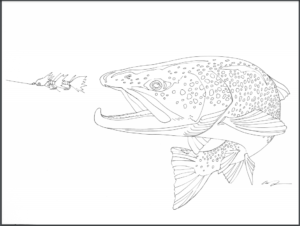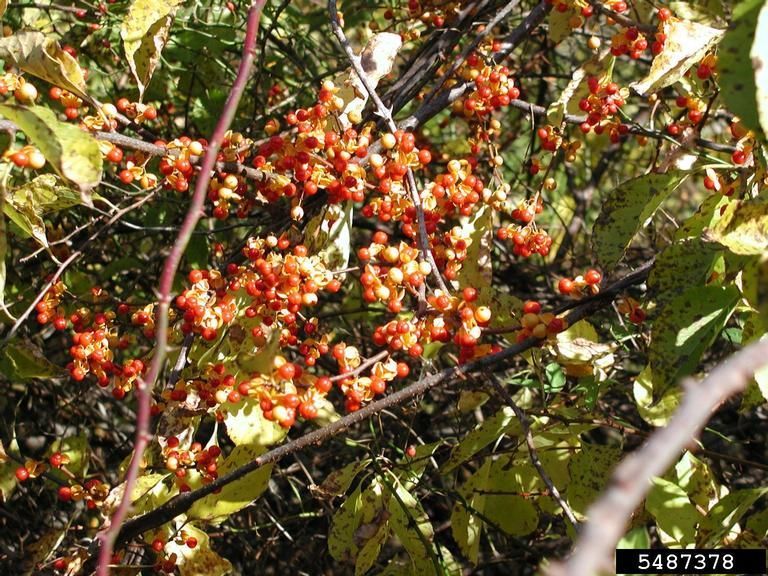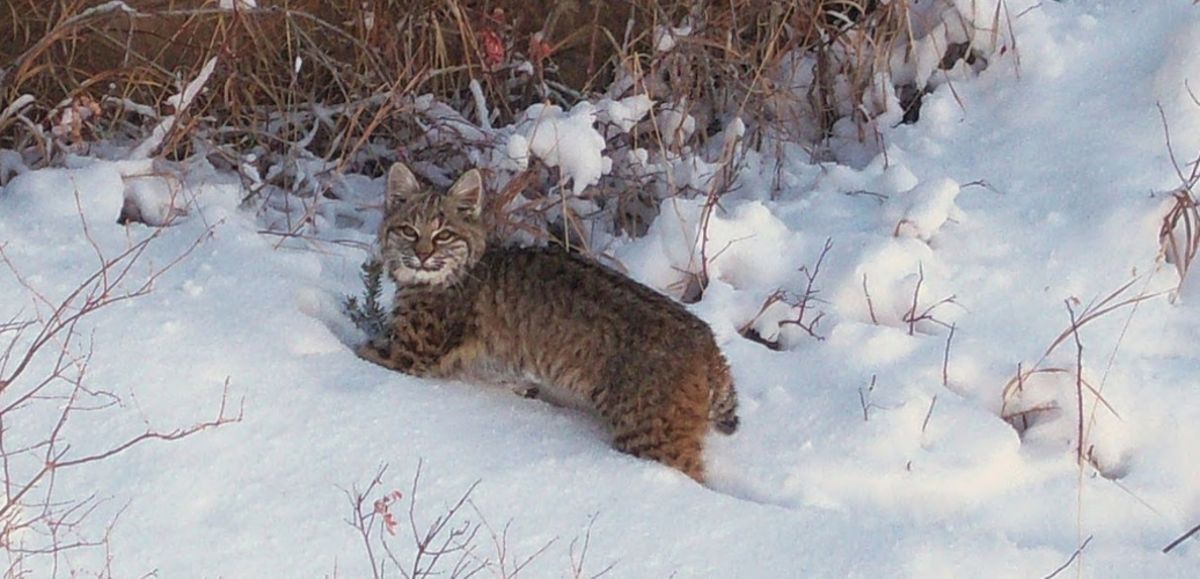Family Quarantine Activities
With schools out for the foreseeable future, many Michigan families are working remotely while all of their kids are home from school. While this pandemic must be taken seriously, this does provide a good opportunity for families to spend some quality time together and do some fun outdoor activities.
Earlier this month, I attended an environmental education training at Hartwick Pines and I learned a plethora of activities you can do together as a family. I’ve adapted one activity below that is from Project Wild curriculum and is usually meant for a group of students in a classroom, but can easily be done as a family at home in quarantine.
Animal Charades
- To begin this activity, create a space in the room or outdoors that provides a staged area.
- Define the terms “wild” and “domesticated” as they pertain to animals. Ask for examples of each. Record them in a Venn diagram. Are there any types of animals that could be both wild and domesticated?
- Pretend to be wild and domesticated animals in a game of charades. Each participant should take a small piece of paper and write on it: his or her name, the name of the animal to portray, and whether the animal is domesticated or wild.
- Follow the charades with a summary discussion, clarify the definitions of wildlife and domesticated animals. What do wild and domestic animals have in common? How are they different? Encourage the group to identify the range of forms found in wild and domesticated species.
There are several more activities you can do at home as a family if you visit the Project Wild or Project Learning Tree websites. Also for all of those who are anticipating the Trout opener, there are some free trout coloring pages provided by Rep Your Water via this link . I personally plan on coloring in this Brown Trout to add to my cubicle once we are back in the MUCC office.

It is critical right now for folks to take appropriate measures to prevent the spread of the COVID-19 virus. However the out-of-doors have not been canceled entirely, Governor Whitmer’s recent executive order specifies that individuals may leave their homes “To engage in outdoor activity, including walking, hiking, running, cycling, or any other recreational activity consistent with remaining at least six feet from people from outside the individual’s household.”
There are many things you can still do while respecting this executive order. Each day as I’ve been working from home, I have been finding ways to safely connect with nature. For example, I have been going for daily hikes on trails near my house, studying up on my mushroom identification to get ready for the foraging season, practicing crafting some new fishing tackle and organizing my backpacking gear.
These are just a few fun ways to stay busy while this quarantine is ongoing. The most important thing during this time is to keep your household safe, take the shelter-in-place executive order seriously, wash your hands frequently, and daydream about upcoming hunting and fishing trips in which you can go and practice your preferred methods of social distancing.
The post Family Quarantine Activities appeared first on Michigan United Conservation Clubs.



